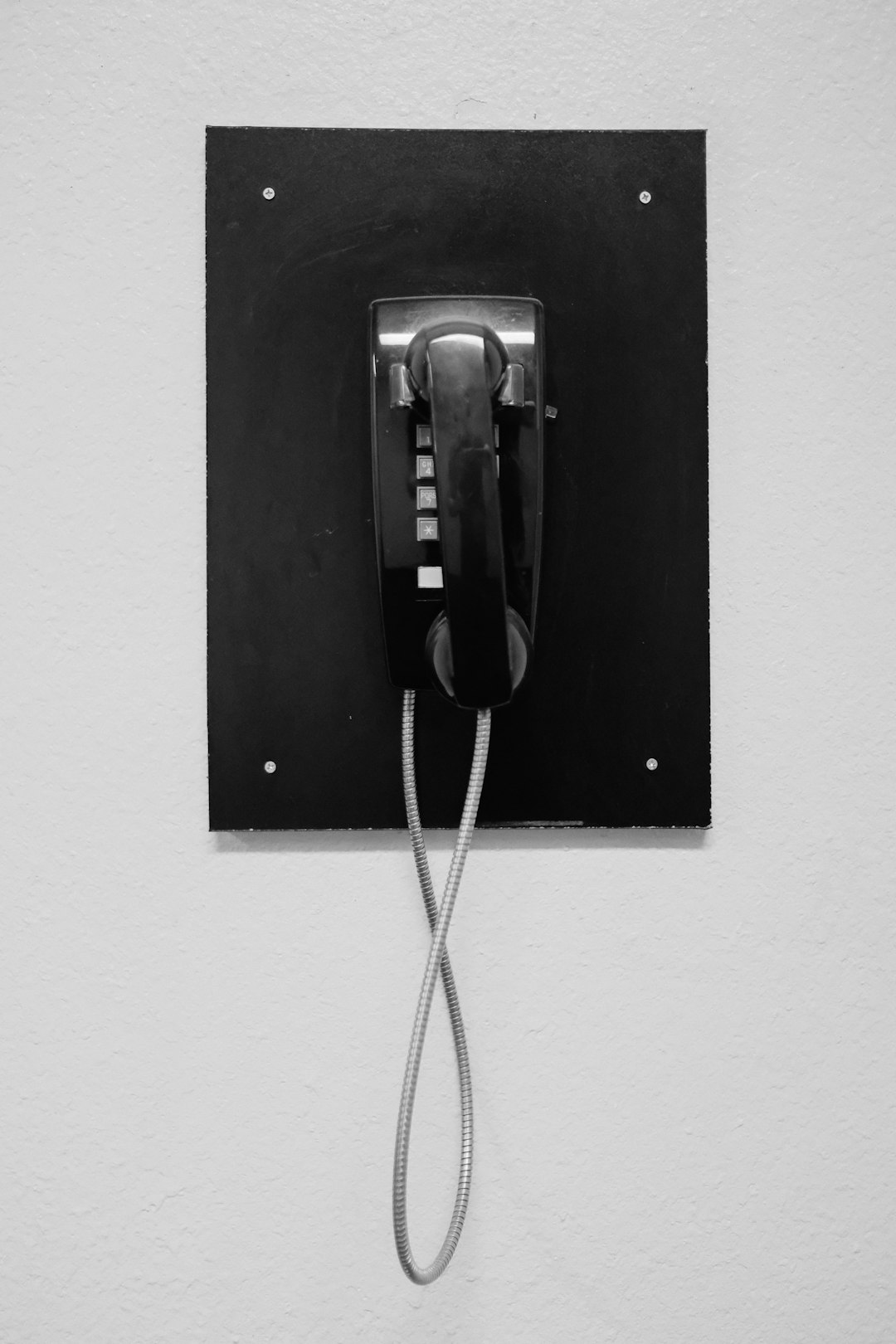Florida's stringent debt collection laws protect consumers from abusive practices, especially spam call law firms that make unwanted calls, targeting vulnerable individuals during emergencies. Debtors have rights to file complaints and seek legal action against violators, while creditors must adhere to ethical practices. Recording conversations is legally permissible with all-party consent in Florida, ensuring compliance when dealing with such firms.
In Florida, navigating debt collection practices is a delicate matter. With increasing numbers of spam call law firms preying on consumers, understanding state laws is more crucial than ever. This article demystifies Florida’s debt collection regulations, focusing on the ‘Spam Call Law’ and your rights when it comes to call recordings. By exploring these legal aspects, we aim to empower individuals to protect their rights and make informed decisions in dealing with debt collectors.
Understanding Florida's Debt Collection Laws

Florida has specific laws in place to protect consumers from abusive debt collection practices, especially regarding spam call law firms. The state’s debt collection regulations aim to ensure fair and transparent interactions between creditors and debtors. Under Florida law, debt collectors must obtain verbal consent before calling a consumer about a debt, except under certain specific circumstances. This regulation is designed to prevent unwanted or harassing phone calls.
If a debt collection agency violates these rules, consumers in Florida have rights. They can file complaints with the state attorney general and seek legal action against the offending firm. Understanding these laws is crucial for both debtors who want to protect their rights and creditors who must adhere to ethical practices. In the context of spam call law firms, it’s essential to recognize that such activities are not only illegal but also unethical, and consumers have the power to take action against abusive debt collection tactics.
What Does Spam Call Law Firm Mean?

In Florida, the term “Spam Call Law Firm” refers to a practice where unscrupulous legal professionals engage in aggressive and unwanted telephone marketing tactics to solicit potential clients. These law firms often make numerous calls to residential or business phone numbers, despite not being invited or requested to do so, with the primary goal of generating sales or new cases. Such actions are considered a violation of Florida’s telecommunications laws designed to protect consumers from intrusive and nuisance calls.
The Spam Call Law Firm in Florida operates by systematically dialling random phone numbers, hoping to catch individuals who may be in a vulnerable state, such as during an emergency or financial hardship, to push them into hiring legal services they might not need or fully understand. These practices are unethical and often illegal, prompting the need for stringent enforcement of laws that safeguard residents from deceptive marketing strategies by law firms.
Recording Calls: Do You Have Rights in Florida?

In Florida, the right to record conversations is a complex issue, especially in the context of debt collection calls. While there’s no specific state law allowing for recorded conversations, federal laws like the Telemarketing and Consumer Fraud and Abuse Prevention Act (TCFAP) offer protections. According to these laws, it’s illegal for a call center or debt collector to make false or misleading statements during a phone conversation.
If you’re in Florida and dealing with a spam call law firm, understanding your rights is crucial. It’s generally legal for you to record calls if all parties agree to the recording. However, if the debt collector isn’t aware of the recording or objects, it could lead to legal complications. Always inform the caller about your intent to record the conversation; their consent ensures both your rights and theirs are respected under Florida debt collection call recording laws.






